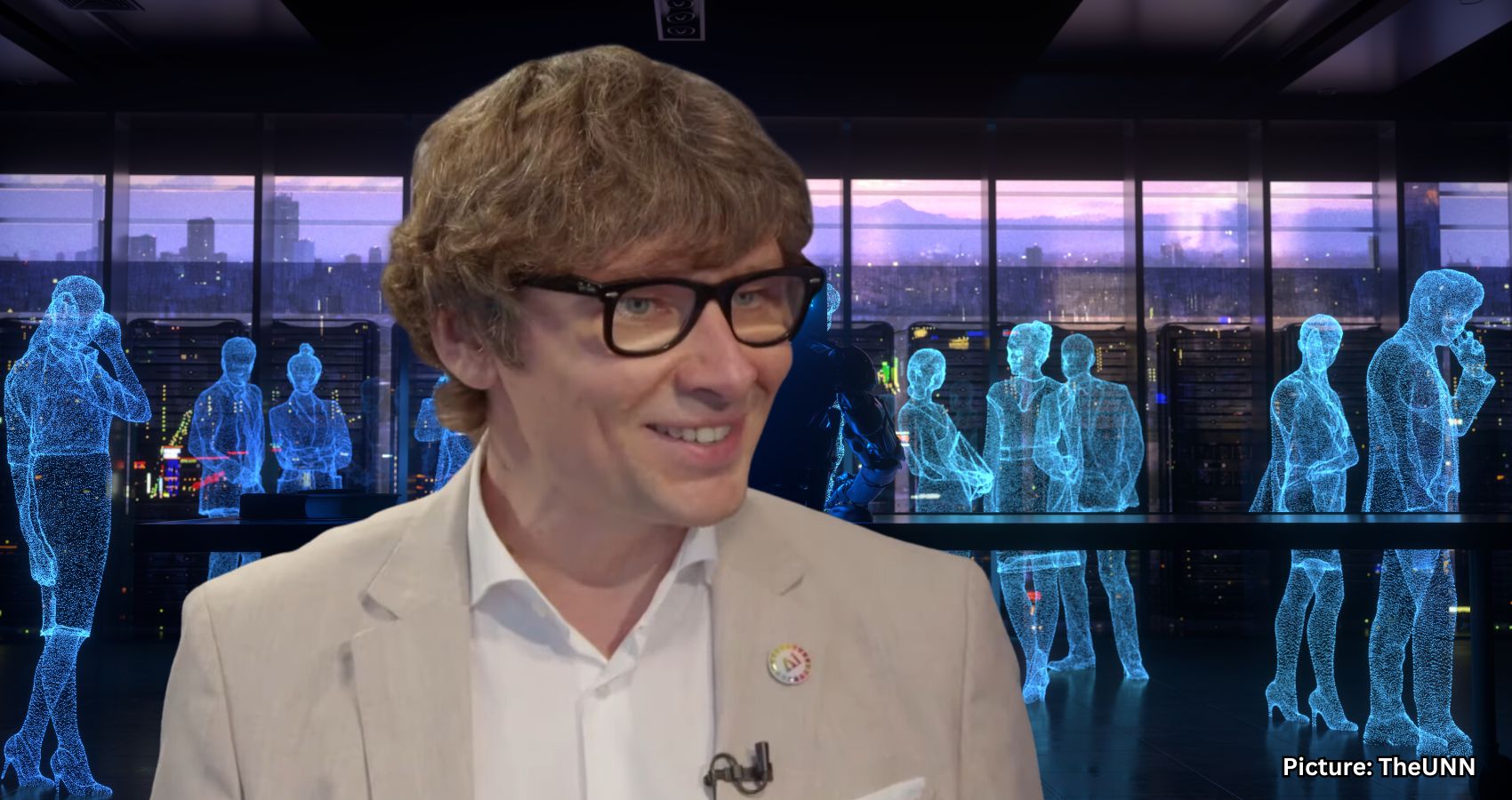At the “AI for Good” summit in Geneva, Tomas Lamanauskas discussed the International Telecommunication Union’s pivotal role in governing artificial intelligence and ensuring its benefits are shared globally.
At the recent “AI for Good” summit held in Geneva, Sanjay Puri, host of the “Regulating AI” podcast, engaged in a comprehensive discussion with Tomas Lamanauskas, the deputy secretary-general of the International Telecommunication Union (ITU). Their conversation focused on the historic role of ITU in global communication and its evolving responsibilities in the governance of artificial intelligence.
Established 160 years ago, the ITU is one of the oldest agencies within the United Nations, originally created to standardize telegraph communication. Lamanauskas explained that when the telegraph was first invented, it functioned only within national borders. To facilitate cross-border communication, nations needed to reach agreements, leading to the establishment of the International Telegraph Union and the signing of the International Telegraph Convention in Paris.
Over the years, the ITU has expanded its oversight to include wireless communication, satellite regulation, and mobile networks, laying the groundwork for the digital era we experience today. Now, the organization finds itself at the forefront of another technological revolution: artificial intelligence.
While many view AI as a recent development, Lamanauskas reminded listeners that its roots extend far beyond the advent of popular applications like ChatGPT. He provided an example of AI’s longstanding presence, noting that the technology has been in use for decades in systems that photograph vehicles to issue speeding tickets, translating images into numbers.
Since launching its “AI for Good” summit in 2017, the ITU has been a key player in fostering international discussions on AI governance. Lamanauskas emphasized the challenge of balancing rapid innovation with the need for global standardization. He stated, “You encourage interoperability… that means that different islands of technology can work together. So, these worlds actually drive each other.”
He further elaborated on the necessity of innovation, asserting that it must progress quickly to introduce new ideas and opportunities. However, he underscored the importance of standardization, which ensures that innovations can be widely adopted and utilized.
The ITU’s unique structure, comprising 194 member states and over 1,000 sector members from academia, government, and industry, enables it to build consensus in an inclusive manner. On the topic of enforcement, Lamanauskas clarified that ITU’s role is collaborative rather than regulatory. He stated, “ITU is a part of the ecosystem, so it’s not a beginning or end of all… The enforcement role, most of the time, falls into national governments.” He explained that national governments are responsible for policy decisions and enforcement actions to ensure compliance, while ITU supports these governments in various ways.
The discussion also touched on the geopolitical divides in AI governance, with the European Union, the United States, and China pursuing different paths. Lamanauskas noted that such diverse approaches are not unprecedented, recalling that competing standards like GSM and CDMA existed in the telecommunications sector. Over time, convergence occurred, and he emphasized that ITU’s role is to provide a platform for dialogue, enabling countries to learn from one another and ensuring that smaller nations are not left behind.
One of the more pressing issues raised during the conversation was the fragility of global connectivity. Lamanauskas pointed out that 99% of international internet traffic relies on undersea cables, a network consisting of approximately 500 cables worldwide. With around 200 breaks occurring in these cables each year, ensuring resilience has become critical. The ITU has convened governments, regulators, and private sector players to streamline repairs, enhance monitoring, and ensure that small island states are included in the digital infrastructure.
Lamanauskas expressed a commitment to advancing dialogue among all stakeholders, stating, “We hope to really progress that dialogue with everyone and to make sure that AI is not just a kind of fancy technology that we can talk about few countries in the world that can benefit from that, but the AI power, the positive power is really felt around the world by everyone.”
From the beeps of the telegraph to the rise of artificial intelligence, the mission of the ITU remains steadfast: to build bridges across borders and ensure that technology serves humanity. Lamanauskas believes that while innovation moves rapidly, common standards are essential for ensuring that everyone can benefit from technological advancements.
Source: Original article

